Knowing the right response can be key to staying safe, so why not take the time to be prepared?
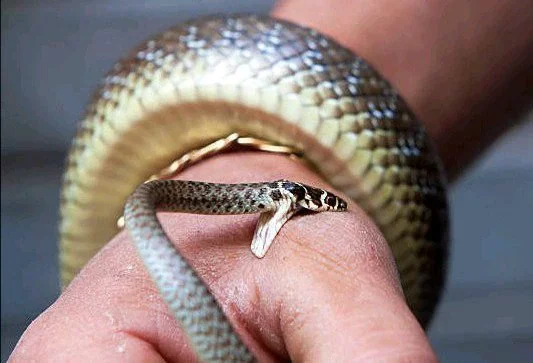
1. Call an ambulance immediately
If you need help and need to stay still, don't worry about rushing for your phone! Instead, you can use your mobile device to get help quickly and conveniently. Try using the Emergency+ app or dial Triple Zero (000) to call an ambulance. This app uses your phone's GPS to give emergency services your exact location. So don't hesitate, get help quickly and easily!
2. Don't panic and don't move
If you ever find yourself in the unfortunate situation of being bitten by a poisonous snake, stay calm and still. Although it may not be easy, this may save your life by limiting the spread of venom. Unlike blood which is constantly pumped around your body, venom travels through your lymphatic system, a fluid made up of white blood cells. Keeping your body still will ensure the venom doesn't spread deeper and poses a lower risk of poisoning.
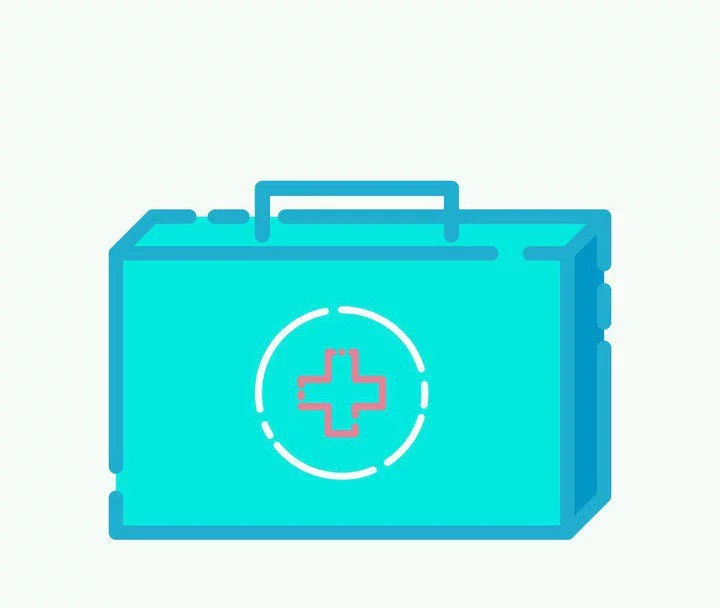
3. Leave the snake alone
Instead of trying to kill the snake, it's best to head to a hospital right away. The medical staff there can give you various tests to identify which snake may have bitten you, and they'll be able to provide you with the best treatment possible.
4. Apply a splint and pressure-immobilization bandage.
To apply a pressure immobilization bandage, you'll need a 10-15 cm wide elasticized roller bandage. Begin wrapping from the bite location and move up the limb, ensuring the bandage is applied firmly but not too tightly. It should be firm enough to reduce lymphatic movement without impeding blood circulation.
If you don't have a bandage around, don't worry! You can use something stretchy like torn-up t-shirts or old stockings. You can also dab a bit of mud or dirt onto the material to help it stick. Once the makeshift bandage is on, make sure you mark the bite site with something that will leave a mark, like a pen. Then, you can brace the limb with any sort of straight object.
5. Don't wash, suck, cut or tourniquet the bite
Washing the area where you were bitten by a snake is still beneficial, because it can help the medical team identify the snake that bit you and collect venom samples. While it may be tempting, try to avoid sucking or cutting near the bite, and never use a tourniquet; doing so can be dangerous.

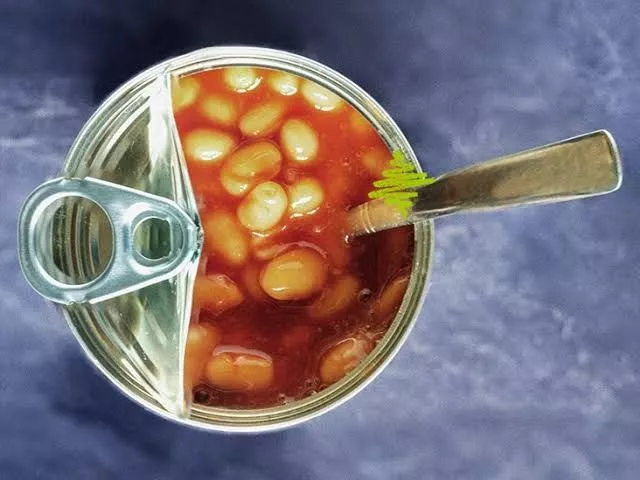
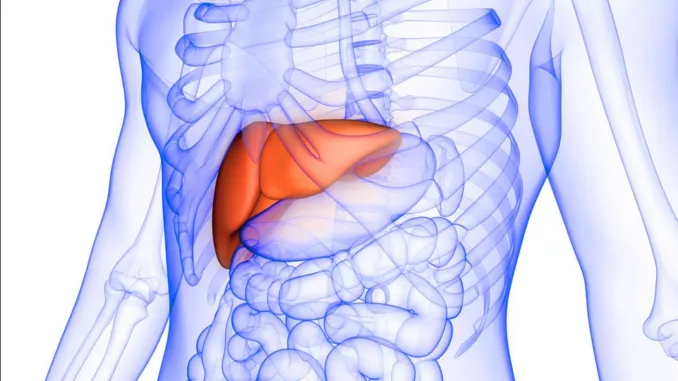
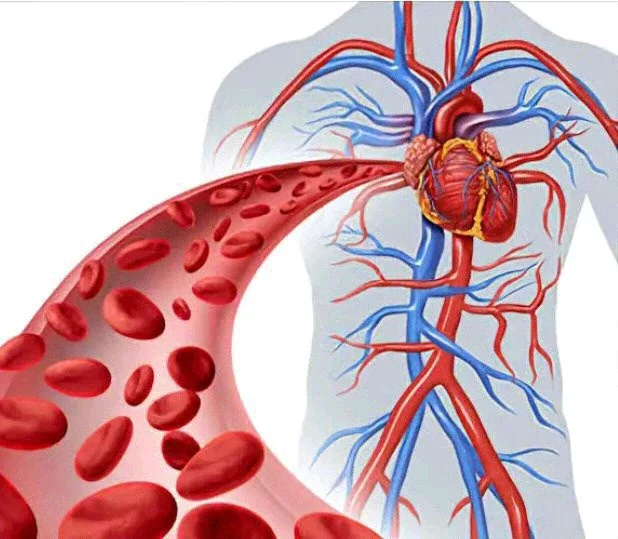
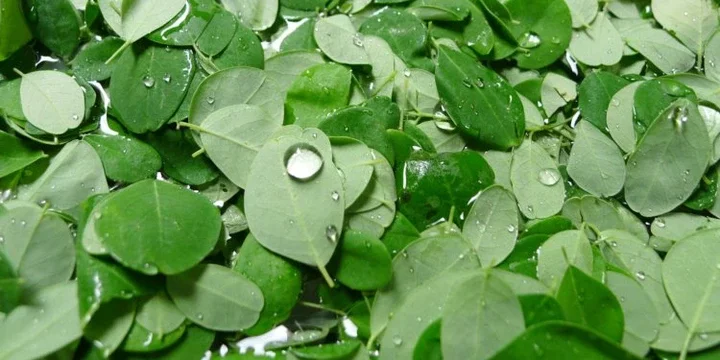
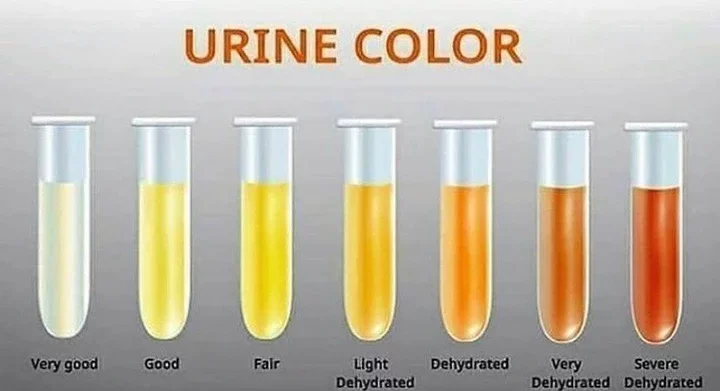









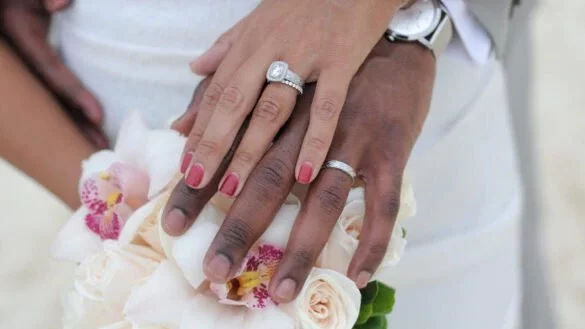

Comments